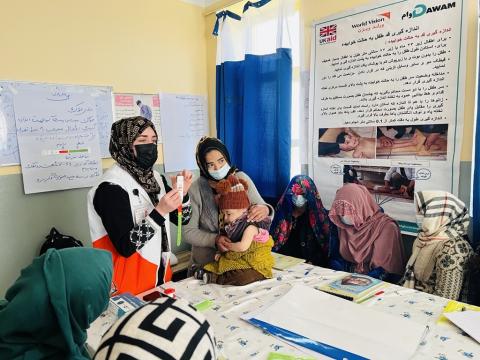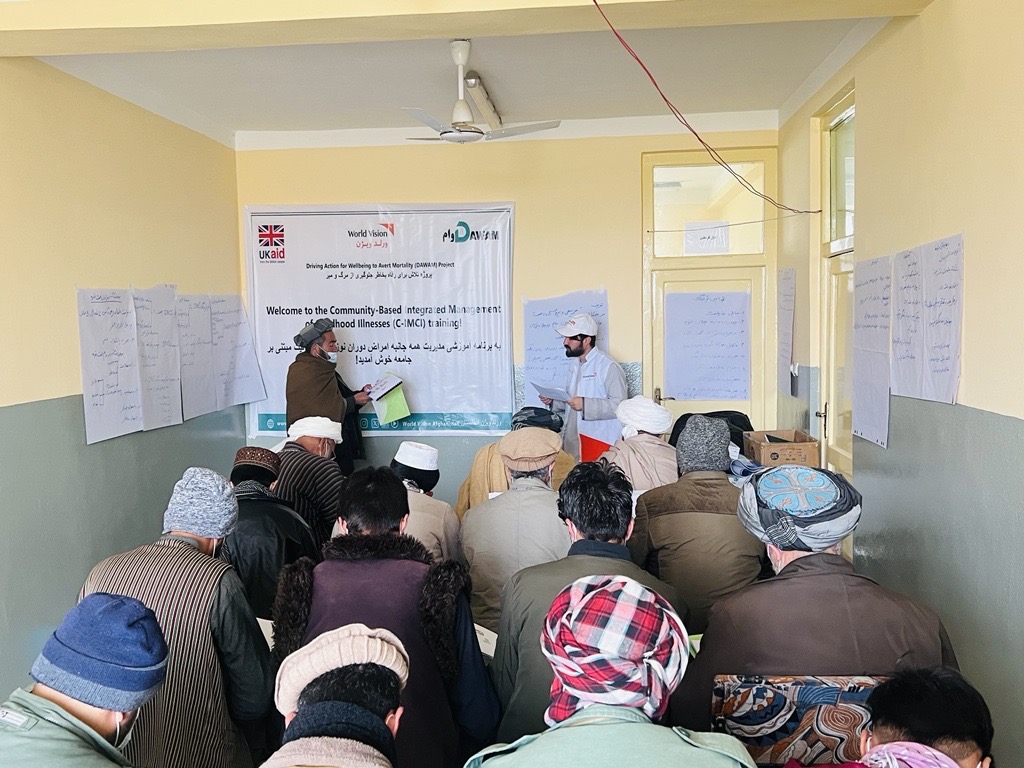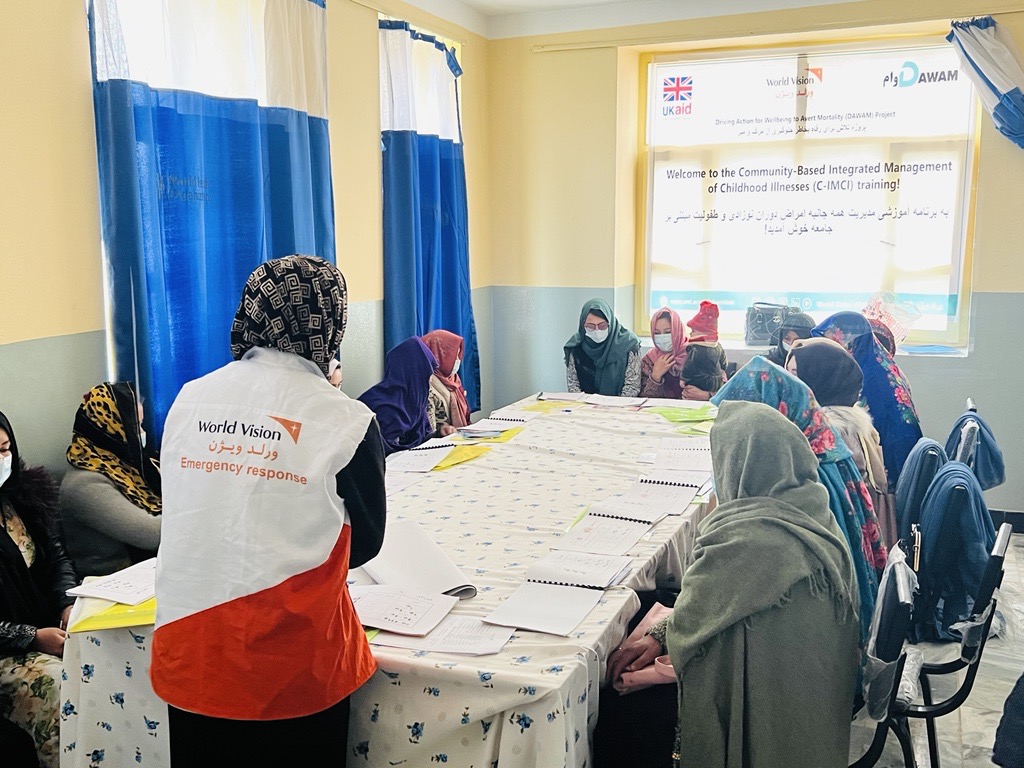Hope in the Hills: How Community Health Workers Are Saving Lives in Afghanistan

By Ria Mohammad Rehaa, Communications Manager
In the rugged mountains and remote villages of Afghanistan, getting medical help can be the difference between life and death. For too many, that help is heartbreakingly out of reach. Long distances, unaffordable transport, and a crumbling health system leave millions vulnerable. Malnutrition affects six million people, and preventable diseases like diarrhoea, pneumonia, and measles claim lives daily. In winter, snow isolates entire communities—cutting them off from the world just when they need help most.
Women and children suffer the most. Afghanistan faces one of the highest maternal death rates globally, and far too many children never reach their fifth birthday. Behind each number is a mother grieving, a father desperate, a child in pain.
But amid these challenges, a quiet, transformation is taking place.
Ordinary Heroes, Extraordinary Impact
World Vision Afghanistan is changing lives through its Health and Nutrition programs, reaching the unreachable with Fixed Health Centres, Family Health Houses, and Mobile Health Teams. At the heart of it all are Community Health Workers (CHWs)—local heroes trained to deliver basic healthcare where there are no doctors.

“These health workers are the backbone of our system,” says Dr Shakib, Health and Nutrition Lead at World Vision. “They’re not just treating illness—they’re building trust, hope, and resilience.”
CHWs are nominated by their communities and trained through a nine-month programme that combines theory with hands-on practice. They go door to door, offering first aid, identifying malnourished children, educating mothers on hygiene and nutrition, and ensuring babies get vaccinated. In emergencies, they’re often the only help available.
Compassion in Action
Abdul Aziz, 42, proudly shares how the training changed his life: “We now know how to help our neighbours. I can guide families, refer sick children to clinics, and give advice that saves lives.”
CHWs receive a medical kit and are supported by their communities—who may help with farming chores or caring for livestock so that these volunteers can focus on saving lives.
Shakila*, just 19, is already a lifeline for women in her village. “I support pregnant mothers, help with midwifery care, and teach about breastfeeding and birth spacing,” she explains. “When a child is very sick, I don’t hesitate—I give ORS, Zinc, and make sure they get to the clinic.”

More Than Medicine
CHWs aren’t just medical helpers; they’re teachers, advocates, and protectors. They fight misinformation, promote hygiene, and ensure families know how to prevent illness before it strikes. In places where health centres are far and fear is near, CHWs offer something even more powerful than medicine—hope.
Since 2023, World Vision and its DAWAM partners have trained nearly 400 CHWs across seven provinces. Every one of them brings light to the darkest corners of Afghanistan.
In a land scarred by conflict, these community health workers are proof that compassion, when trained and equipped, can become a powerful force for healing.
*Names are changed to protect identities.